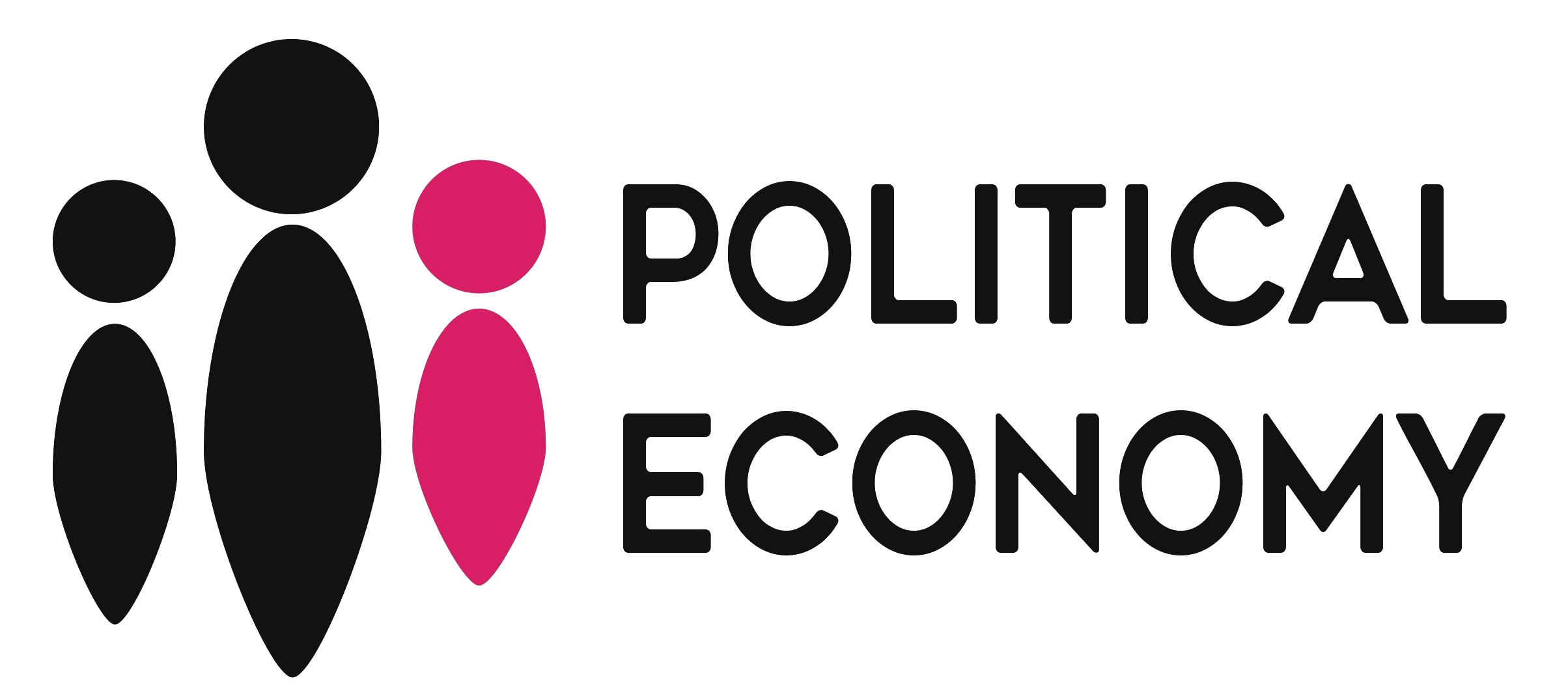Press reactions
Female managers pay fairer wages

The recently published research paper by Nora Szech, Leonie Kühl and David Huber investigates the question of appropriate remuneration of work. "Our study shows that the respective incentive system, work experience, and especially gender have an influence on what wages managers set for their employees" explains Nora Szech.
Bloomberg, Spiegel Online, Business Insider.com, Financial Post, Fortune, Business Insider.jp, Haufe Springer
"Kernig und kreativ durch die Krise!"

In the NDR 2-Show „Das Thema: Kernig und kreativ durch die Krise!“ Nora Szech talks about positive transformations through crisis and which behavioral changes occur because of the Corona pandemic.
Diffusion of Moral Responsibility

The top journal The Review of Economic Studies publishes Nora Szech's study on the diffusion of morality in groups and voting as a featured paper.
Vaccinations and Testing

Marta Serra Garcia and Nora Szech document that financial incentives can increase Corona vaccination and testing. An easy access helps, too. With these measures also educationally disadvantaged people are reached who are more likely affected by Corona.
Deutschlandfunk, FAZ, SWR aktuell, Der Spiegel, The Times, Tagesschau, n-tv, WirtschaftsWoche, Spiegel Daily Podcast, WDR 5, SZ, tagesthemen
Corona, Habits and Norms
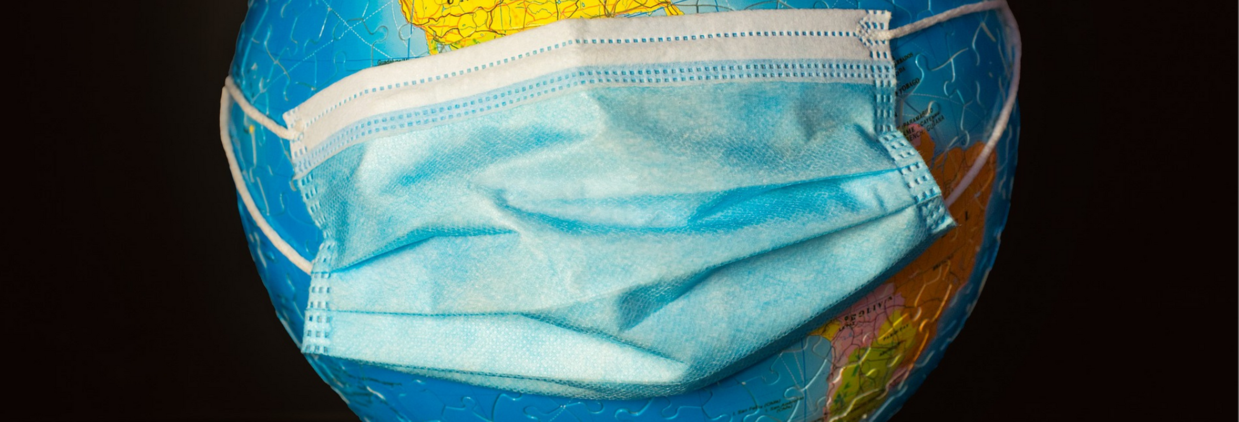
In the following articles, Nora Szech discusses the roles of norms and habits in times of Corona, such as wearing masks.
A depression worse than 1929?

Nora Szech talks with Nobelist Paul Romer about the crisis, new waves, and how to get through them.
KIT Experts
Nora Szech is a KIT Expert with a focus on market design, institutions, and moral values. She works theoretically as well as empirically in order to understand market mechanisms and their impact on welfare, revenues, and values.
Süddeutsche Zeitung: Gut to Head
In this podcast of the Süddeutsche Zeitung Gerd Gigerenzer, Malcolm Gladwell, Julia Rothhaas, and Nora Szech talk about the relationship of economy and gut feeling. Susanne Klingner is doing the interviews.
Yes. No. Maybe? (n-tv)

In her podcast on n-tv, Verena Utikal talks with Nora Szech about markets, responsibility and homo moralis.
Furthermore, in a second episode Nora Szech gives an interview ![]() on moral ignorance.
on moral ignorance.
Is "a little good" good enough?

In their study published in PLOS ONE, Jannis Engel and Nora Szech explore cheap excuses when shopping for fast fashion.
Three Questions with Nora Szech

CAPITAL: Top 40 under 40

The magazine Capital nominates Nora Szech in the category "Society and Science". More information.
Deutschlandfunk (Radio Interview)
Marietta Schwarz talks with Nora Szech about current topics from behavioral economics, about morals in economic institutions, and about the roots of game theory. There is also some music, ranging from The Cure to Oasis to Anohni to Taylor Swift. To the podcast.
Morals in Juries and Committees
Max Hägler from Süddeutsche Zeitung interviews Nora Szech on the diffusion of responsibility in economic institutions. To the video.
"The New World Order"
From November 16 to 18 in Berlin, the Economic Summit 2017 of the Sueddeutsche Zeitung took place, with 60 speakers from business and politics such as Friedrich Merz, Jochen Schweizer, and Dieter Zetsche as well as economists Clemens Fuest, Nora Szech, and Axel Weber. Nora Szech also gave an interview on the topic.
The future is female
... titels the German magazine Myself. Hopefully, there is room for all genders :)
Check out the article here.
Paradise Papers and 'homo moralis'
How do people get morally corrupted? This question discusses Nora Szech in an Interview with Thomas Fritz.
20th Anniversary of the Bonn Graduate School of Economics

About 300 guests celebrated this special anniversary at a large event that took place in the Bundeskunsthalle, Bonn. As alumni of the Bonn Graduate School of Economics, Markus Brunnermeier (Princeton), Benjamin Enke (Harvard), Philipp Strack (Yale) and Nora Szech (KIT) gave scientific talks.
Photo from left to right: Benjamin Enke, Nora Szech, Markus Brunnermeier, Philipp Strack.
Süddeutsche Zeitung: Plan W Congress
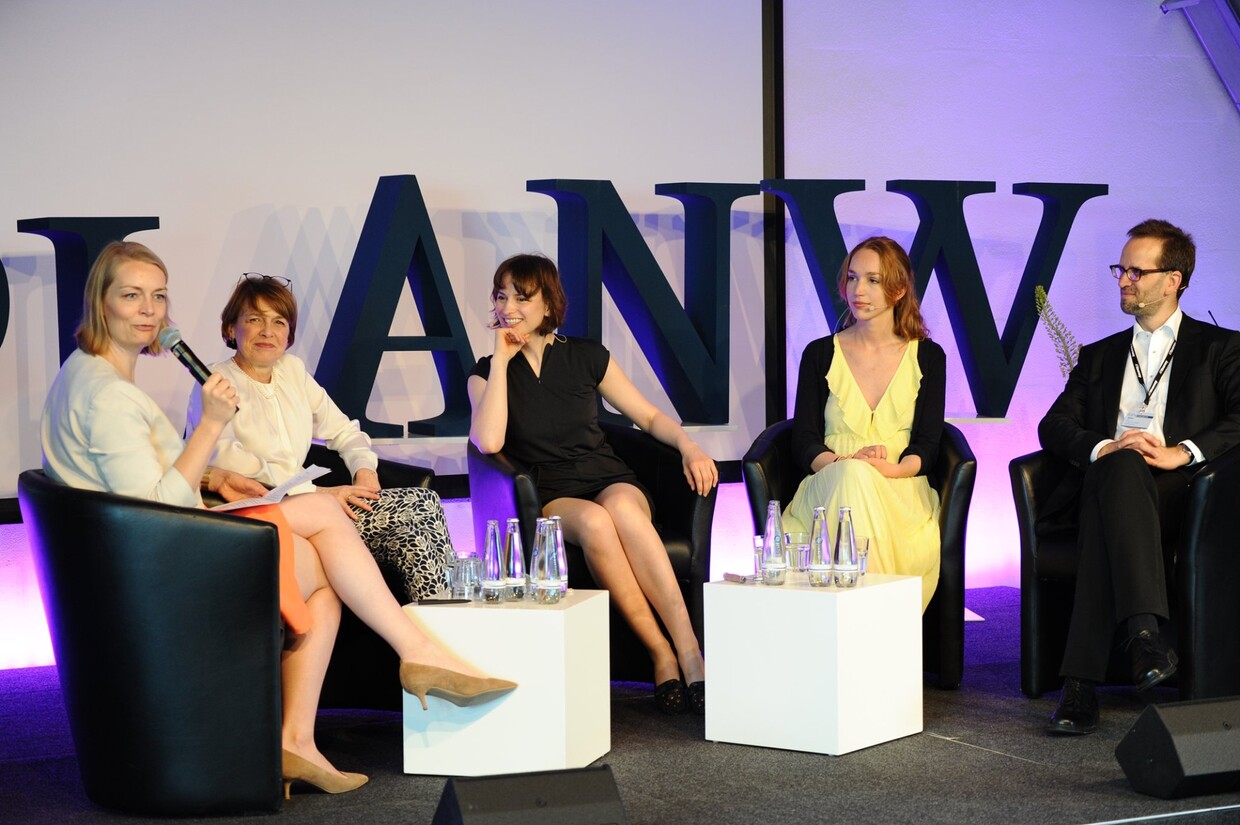
Panel 3 Justice. from left to right: Kathrin Werner (moderator), Elke Büdenbender, Nora Szech, Paula Schwarz and Klaus Müller (Photo: Stephan Rumpf)
Annegret Kramp-Karrenbauer, Frank Thelen, Urmi Richardson, Nora Szech and Sahra Wagenknecht were just a few of the speakers at the Congress of Süddeutsche Zeitung in Berlin. The following pictures summarize the topics of the congress and also refer directly to our research.
OECD Integrity Week

The focus of the OECD Integrity Week in Paris was on fighting corruption worldwide. Multiple public and closed events surrounded the main event of the week, the OECD Integrity Forum. Nora Szech was one of the panelists at the Forum. The OECD provides lots of information on the topic and on the event that takes place on a yearly basis, which you can find here.
(Photo source: OECD)
Trust (Herrenhäuser Talks/NDR)
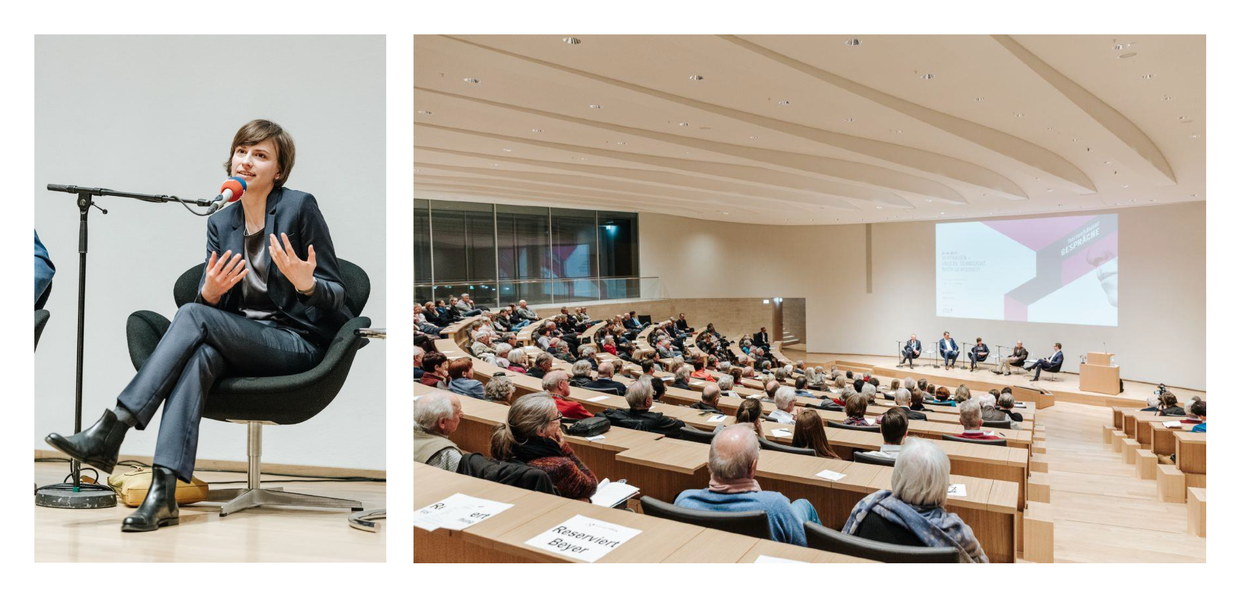
Moderated by Ulrich Kühn, four professors from the fields of theology, economics, business administration, psychology and personality development discuss the role of trust in our society: Friedrich Wilhelm Graf (LMU), Guido Möllering (U Witten-Herdecke), Nora Szech (KIT), and Martin Schweer (U Vechta). Here is a link to the event.
(Photos by David Carreno Hansen for the VolkswagenStiftung)
"Priority in case of equal qualification"
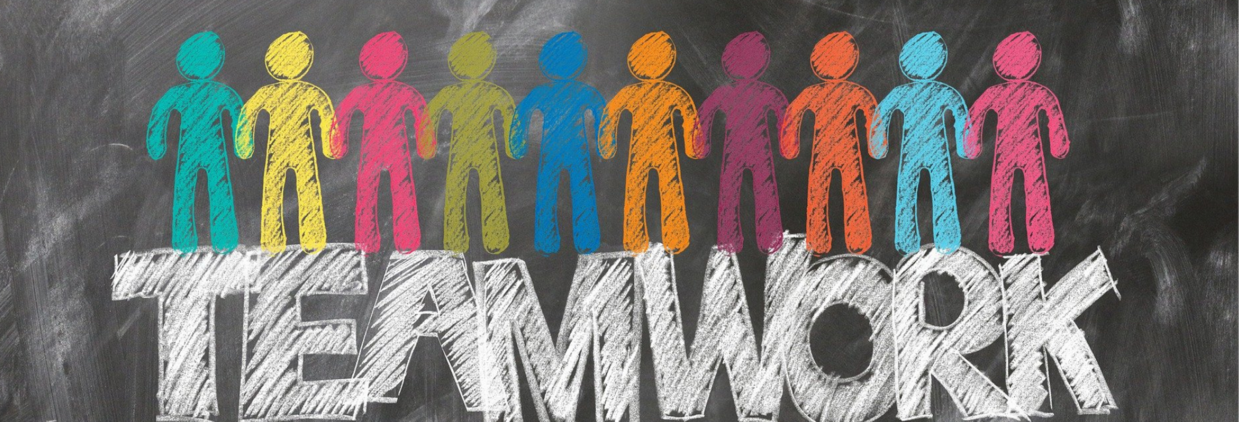
What kind of effects do we see from the rule "priority in case of equal qualification"? Stronger as well as weaker candidates may become more motivated. Diversity and performance incentives then do not exclude each other, but become rather aligned.
To the study and ScienceDaily.
Letters of indulgence from the supermarket

What do ethically interested customers have in common with the famous German author Martin Walser? The answer can be found in the German daily Süddeutsche Zeitung. Jannis Engel and Nora Szech provide all according details and background in their paper.
Is a little good good enough?!

Invited by the Plural Economists, Nora Szech gave a public talk in Mannheim. She focused on the use of cheap excuses in every-day product choice, and how firms potentially draw customers' attention away from ethically relevant product facets. The according research paper with Jannis Engel can be found here.
Markets and Decisions
At the beginning of 2017, the German daily Süddeutsche Zeitung focuses on the decision-making in markets. In her article, Nora Szech describes the influence of market design on moral decision making. Besides institutional design, personal facets, political orientation and gender play important roles.
These People will Coin the next year
Marc Beise is the head of the economics section of the German daily Süddeutsche Zeitung. For the next year, his recommendation is to pay specific attention to our research. To the video.
On the big questions of our times
The largest regional newspaper in Austria, "Die kleine Zeitung," features in its book review of 2016 articles about Henri Lévy, Christine Nöstlinger, Hans-Werner Sinn, Nora Szech and others.
"Think whatever you want. Surprising insights from Germany's most important economists"
This is the title of the book by the German national daily "Süddeutsche Zeitung". It presents 36 influential German economists under the age of 50, from all varieties of fields within economics. One of these is Nora Szech.
Check out the interview about her research, e.g. the desire for excellence, moral implication of markets, and design tools to render competition more sustainable.
Towards more sustainability: ZEIT Kochtag

Most Germans would like to eat in more sustainable ways. The German weekly "Die ZEIT" invited to discuss and try out approached towards this goal. Participants included celebrity chefs Sarah Wiener and Tim Raue, mayor of Berlin Dilek Kolat, farming minister Robert Habeck, ZEIT chief editor Giovanni di Lorenzo, his deputy Moritz Müller-Wirth, and journalists Susanne Schäfer and Martin Spiewak, Patricia Wratil of the Berlin Social Science Center, gastrosoph Harald Lemke, executive of slow food Ursula Hudson, chief editor of the magazine "enorm" Marc Winkelmann and Nora Szech.
Science Daily: Tiebreaks push competition, in more than sports
Tie-breaking has important impacts on motivation and overall efforts of contestants. Science Daily reports about our studies on the topic.
Business, Ethics and the VW Scandal
The SRF TV show "Kulturplatz" reports on the VW emissions scandal, and business ethics in general. Included you find a report about our research as well.
Festive Meals, Color, and the Role of Meat

Which colors do we expect to see on a festive plate? Which role plays the meat in an elegant or joyful dinner? How much meat do we expect to see? How much do we want to eat? Do we need the meat at all? And what colors should go with it?
The book Meat and Color by Anna Becker, Steffen Huck, Julia Schubert and Nora Szech illustrates in three artsy studies everything that we associate with a savory, jolly, or elegant meal.
Animal Welfare, Transparency and Customer Decision
In an interview with Digital Manufacturing Magazin, Nora Szech discusses mechanisms to increase customer awareness of sustainability.
Robert Sapolsky in The Wall Street Journal on Morals and Markets
Robert M. Sapolsky, professor of biology, neuroscience and neurosurgery at Stanford University, reflects his column in The Wall Street Journal about markets and their moral implications and discusses our research. Please find his article here.
Arts and Science
Have a look at the artwork of artist Uli Schaarschmidt - one of his pieces was inspired by our research.
Animals as Food?!
Steffen Huck and Nora Szech invited to think about "Animals as Food" with Melanie Joy, Bernd Ladwig and Gerhard Manteuffel as speakers. You can watch the video here. For a detailed interview with Bernd Ladwig see here.

